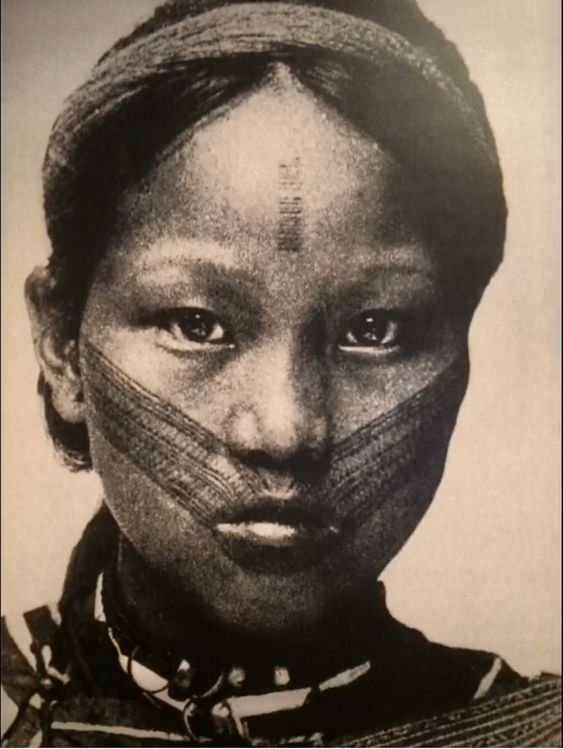CULTURAL SIGNIFICANCE OF TATTOOS
- Ancient history Lifestyle
 Sakshi B
Sakshi B- June 19, 2023
- 0
- 579

Tattoos have been used as a form of body art and expression for thousands of years. They have taken on a variety of meanings depending on the culture and time period in which they were created. In many cultures, tattoos have served as symbols of identity, status, spirituality, and protection. In this blog post, we will explore the rich history of tattoos and their various meanings across different cultures.
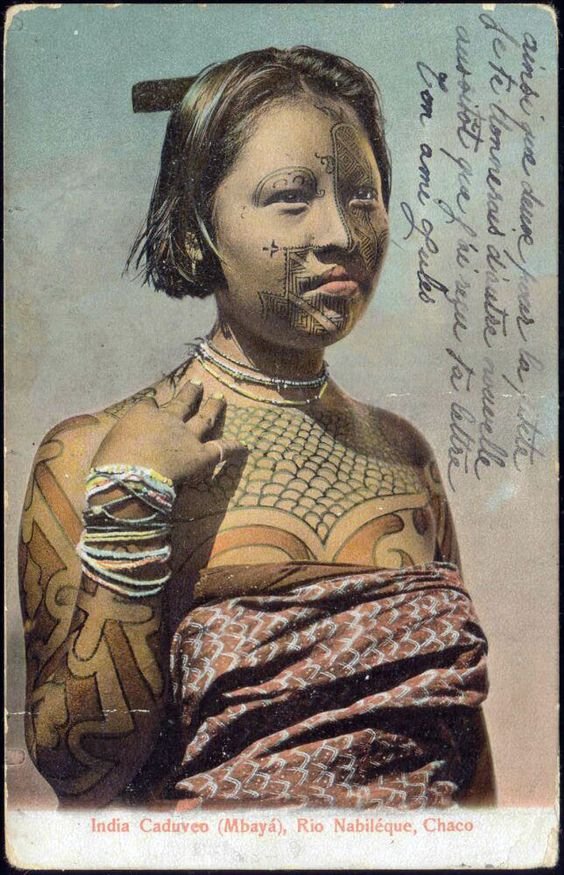
BRIEF ON SIGNIFICANCE OF TATTOOS IN DIFFERENT ANCIENT CULTURES
Tattoos have been used for cultural identification, spiritual beliefs, and healing practices for thousands of years across different cultures. In many societies, tattoos were seen as a sign of courage, bravery, and status. They were also used to denote group membership, such as a tribe or a clan.
In Polynesian cultures, tattoos were an important part of the rites of passage for young men and women. Maori people of New Zealand used tattoos to denote their social status and family background. In Japan, tattoos were used by the Yakuza, or Japanese mafia, to signify their loyalty to the organization.
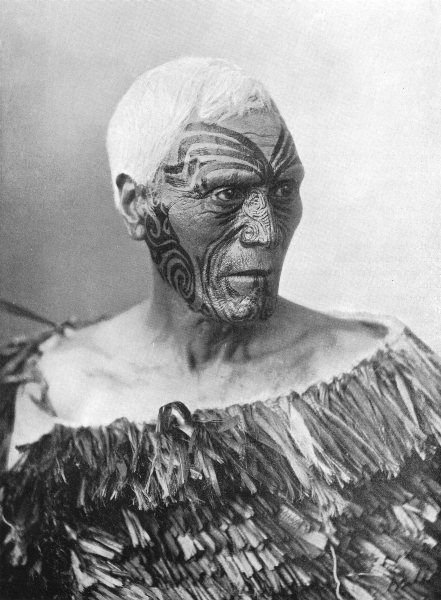
In some cultures, tattoos were also believed to have spiritual significance. For example, the ancient Egyptians believed that tattoos protected them from harm and helped them in the afterlife. The Native American tribes of North America used tattoos for spiritual and healing purposes. Tattoos were also used in traditional Chinese medicine to treat various ailments.
However, it is important to note that tattoos still hold cultural significance for many people. For example, some Native American tribes continue to use tattoos for spiritual and healing purposes. In many cultures, tattoos are still seen as a sign of courage, strength, and status.
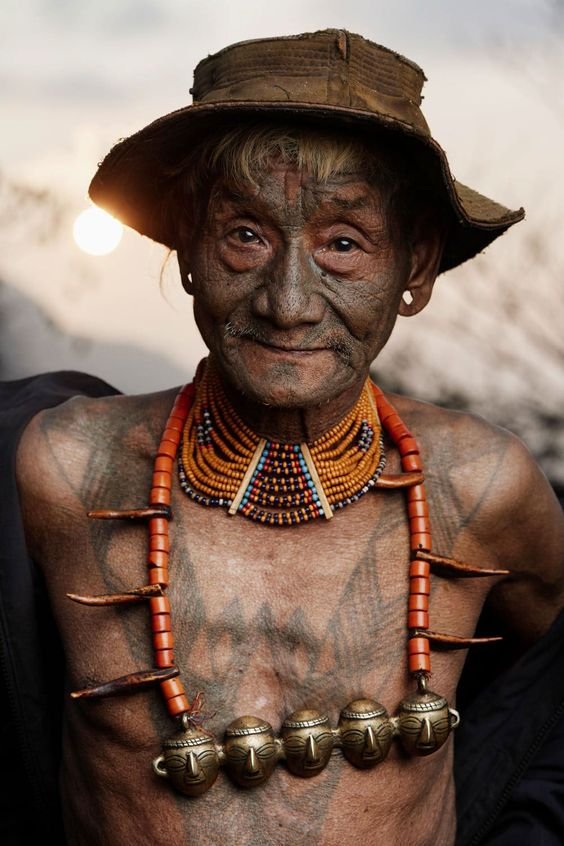
TATTOOS AS SYMBOLS OF IDENTITY
Tattoos have been used throughout history as a way to express one’s identity. In addition to the cultures mentioned in the original text, there are numerous other examples of tattooing as a symbol of identity. For instance, in Polynesia, tattoos were used to represent a person’s genealogy, and also to indicate their social status and accomplishments. In traditional Chinese culture, tattoos were also used to indicate social status, with certain designs reserved for members of the imperial family.
Tattooing can also be used as a way to express one’s personal beliefs or interests. For example, someone might get a tattoo of a favorite quote or image that holds special meaning to them. Additionally, tattoos can be used to commemorate important life events, such as the birth of a child or the passing of a loved one.
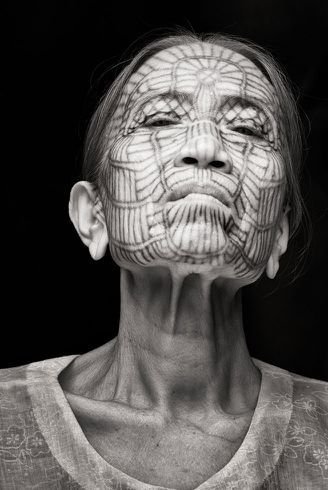
In today’s society, tattoos have become increasingly popular as a form of self-expression. They can range from small and simple designs to full-body tattoos that cover large areas of skin. While some people still view tattoos as taboo or unprofessional, many others see them as a way to showcase their individuality and uniqueness.
Overall, tattoos have a rich history and continue to serve as a way to express one’s identity and beliefs.
TATTOOS AS SYMBOLS OF STATUS AND SPIRITUALITY
Tattoos have also been used as symbols of status and spirituality. In the Polynesian culture, tattoos were seen as a sign of courage and were used to mark important milestones in a person’s life. In Hinduism, tattoos were used to symbolize devotion and were often placed on the forehead or other parts of the body. In ancient Greece, tattoos were used to mark slaves and criminals, but they were also used by some as a symbol of devotion to a particular god or goddess.
TATTOOS AS SYMBOLS OF PROTECTION
Tattoos have been used as a form of protection in various cultures throughout history. In the Celtic culture, tattoos were believed to have the power to ward off evil spirits and protect against harm. These tattoos were often created using symbols and designs that were thought to have mystical properties. Similarly, in Thailand, tattoos called sak yant were believed to provide protection and bring good luck to the wearer. These tattoos were typically created by Buddhist monks and were thought to possess magical properties that would ward off evil spirits and bring good fortune.
Moreover, tattoos have been used as a form of protection in many other cultures as well. In ancient Egypt, tattoos were used to protect against disease and to symbolize a person’s social status. Similarly, in Japan, tattoos were used to symbolize a person’s allegiance to a particular clan or family, and were believed to have the power to protect against harm and bring good fortune.
Therefore, it is clear that tattoos have been used for centuries as a symbol of protection and good luck in various cultures around the world.
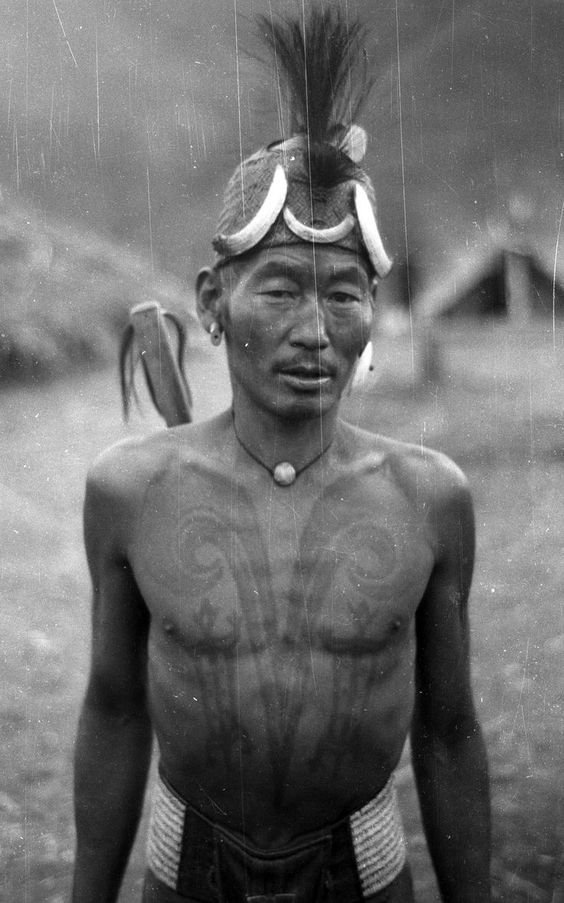
TATTOOS AS SYMBOLS OF BEAUTY AND FASHION
Apart from being used as symbols of identity, status, spirituality, and protection, tattoos have also been used as symbols of beauty and fashion. In the western world, tattoos were initially associated with sailors and bikers. However, in the 21st century, tattoos have become a popular form of body modification and self-expression. Today, tattoos are seen as a symbol of beauty and fashion, and people are getting tattoos for aesthetic purposes.
THE FUTURE OF TATTOOS
The cultural significance of tattoos has evolved over time. Today, tattoos are a popular form of self-expression and are no longer limited to a particular culture or group. People get tattoos to commemorate a special event, to honour a loved one, or simply as a form of body art. Tattoos have become a way for individuals to express their identity and creativity.
Tattoos have come a long way from being used as a form of identification for criminals to a symbol of beauty and fashion. As technology continues to advance, the future of tattoos looks promising. Researchers are working on developing smart tattoos that can monitor health conditions such as diabetes and cancer. These smart tattoos will change colour to indicate a change in body chemistry, making it easier for people to monitor their health conditions.
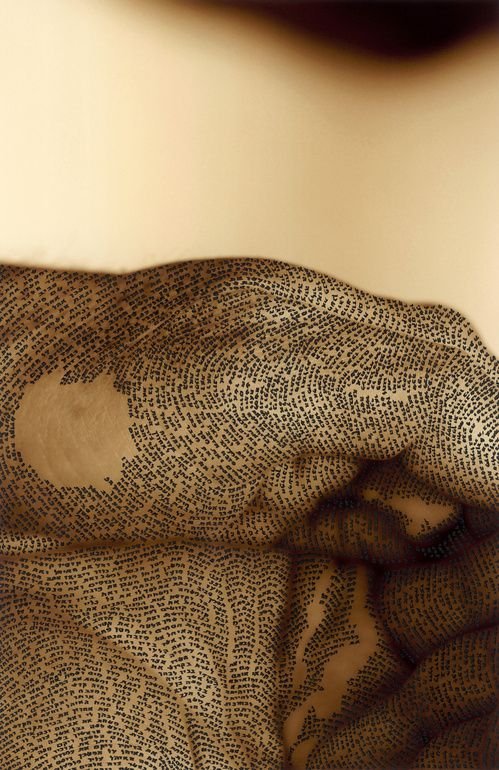
CONCLUSION
Tattoos have a rich history and have been used for a variety of purposes in many different cultures. They have served as symbols of identity, status, spiritual beliefs, protection and healing practices for thousands of years. While they have evolved to become a popular form of self-expression today, they still hold cultural significance for many people. Today, tattoos are still used as a form of self-expression and can hold a variety of meanings for the wearer. Tattoos continue to be a powerful way for individuals to express themselves and their cultural heritage. And as we continue to explore the world of tattoos, it is important to remember their cultural significance and the rich history behind them.
